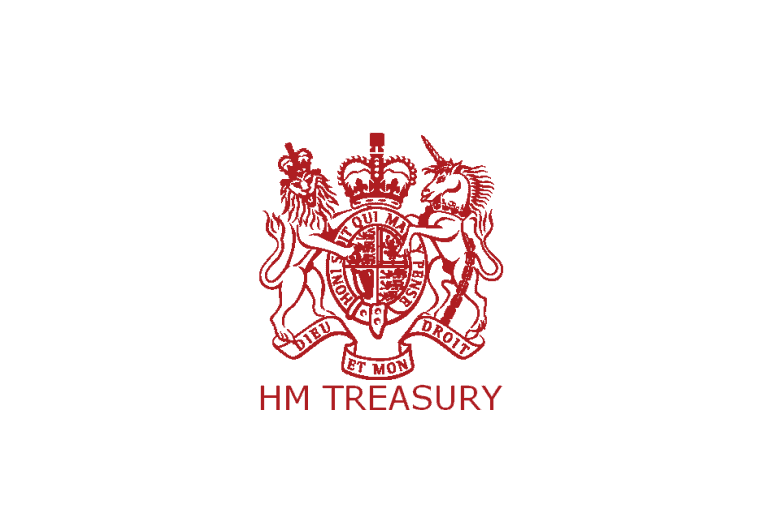
Today the government has published the findings of the Select Committee into the impact of business rates on business. What is reassuring is that both verbal, as well as 140 written representations, have been heard and analysed in some detail. It is clear from the report as Colliers international have said for some time that the following actions need to be taken to mend what is a broken system. The reports’ findings are split into three main areas :
THE MULTIPLIER
The elephant in the room for many years has been the ever-increasing multiplier or UBR which is grown from a level of 30 per cent in 1990 to a figure today in excess of 50 per cent. The committee has stated quite clearly in its report that the government needs to explain how they have reached this figure and if it is a clear government policy they need to set out the rationale for it. The reality, unfortunately, is that there is no rationale and up for the last 29 years, governments of all persuasions have overseen an increasing burden of business rates that has resulted in the unsustainable levels we see today. Colliers International has shown in its own research that even allowing for an increased number of hereditaments if the net tax take today was the same as in 1990, the multiplier could easily be reduced to a 30 per cent figure. The reality is that if the multiplier was reduced by this amount, most of the questions and issues surrounding business rates would largely evaporate.
CCA AND THE VOA
The committee has pulled no punches and in no uncertain terms has criticised the Valuation Office Agency (VOA) and the government for the way they have introduced Check Challenge Appeal system (CCA), which is still going through a testing phase over two and a half years since its implementation. They stated that it is unacceptable to bring in a system with so many difficulties without it being tested prior to its implementation. As a result, public confidence has been eroded and the VOA must perform a detailed analysis of its staffing and skills requirements in time for the next spending review. The government should also introduce legislation, which reduces the overgenerous time allowed by the VOA to deal with each element of CCA. This should be reduced to six months instead of the potential 960 days it currently could take.
The VOA also needs to be more transparent and open with the way it deals with ratepayers and agents and should learn from other jurisdictions around the world. The committee said that CCA was a ‘reasonable attempt’ by the VOA to introduce a new appeals system but if anything, could be damned by faint praise that comment sums it up.
COMPLEXITIES OF THE CURRENT SYSTEM
The report also goes into some detail about criticisms of the current system and complexities particularly with regard to reliefs and methodology of valuation. While these are important points and need to be dealt with, at Colliers International, we are very much of the view that a reduction in the multiplier, an appeal system fit for purpose and a properly resourced VOA, would vastly improve the system.
We applaud the committee for listening to the representations made and it is the duty of the next government to act swiftly on the recommendations within this report. For many businesses and workers, this report will come too late however it is possible to turn things around if there is the political world to do so. The alternative is an uncompetitive trading environment and a high street full of empty shops”
By John Webber, Colliers International








Share